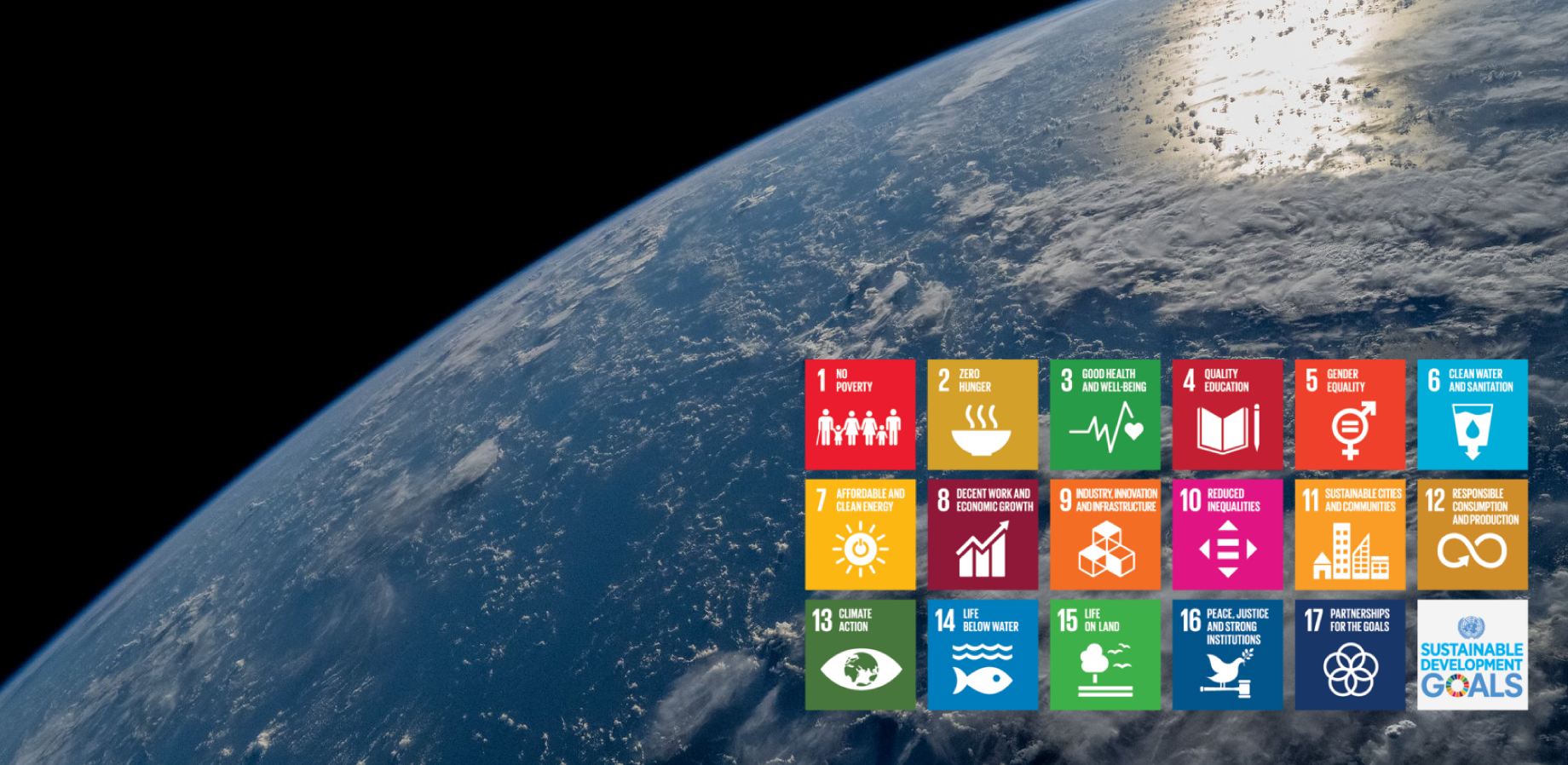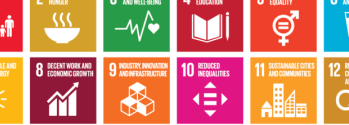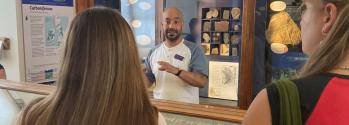
Earth Science and sustainable development
The UN Sustainable Development Goals (SDGs) are a collection of interlinked goals that aim to eliminate poverty, provide universal access to basic services, eradicate inequality, end unsustainable consumption, and facilitate inclusive economic growth, social development and environmental protection.
We firmly believe that geoscientists play a key role in sustainable development:
…Knowledge of the Earth’s structure, the processes by which Earth is shaped, and Earth resources together with the ability to translate this knowledge into tools to inform policy and practice -- can inform many key aspects of sustainable development
— Geological Society report on Geology and the UN Sustainable Development Goals.
Our research and teaching is contributing to the SDGs
By working to understand the mechanics of the Earth and environment around us, our research and teaching is part of a global effort to create a healthier, fairer and greener world.
Inspiring and mentoring the next generation of geoscientists within a supportive and enriching environment is at the core of what we do, and our Department regularly features at the top of University rankings, including the Complete University Guide. We aim to provide an accessible education to all, whilst recognizing the lack of diversity across our discipline and working to make our work environment equal on all levels.
Working closely with our affiliated museum – The Sedgwick Museum of Earth Sciences – we are able to deliver an inspiring public engagement programme to local, national and international communities.
Our research priorities include (but are not limited to):
• Supporting the transition to a carbon-neutral future,
• Delivering sustainable and responsible access to the Earth’s natural resources
• Understanding environmental risks in a changing world.



